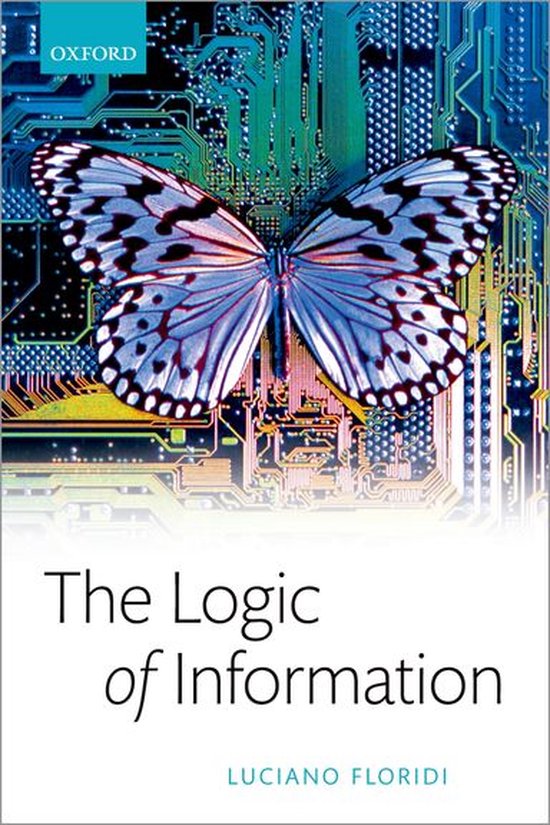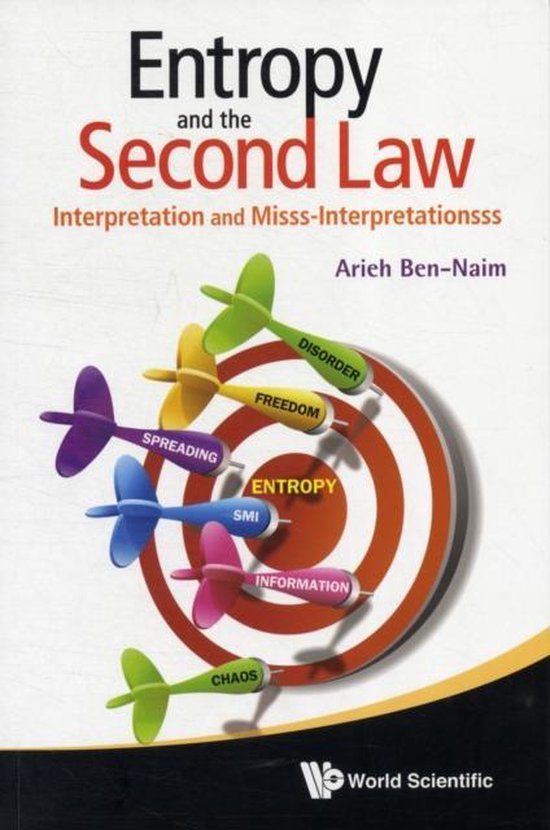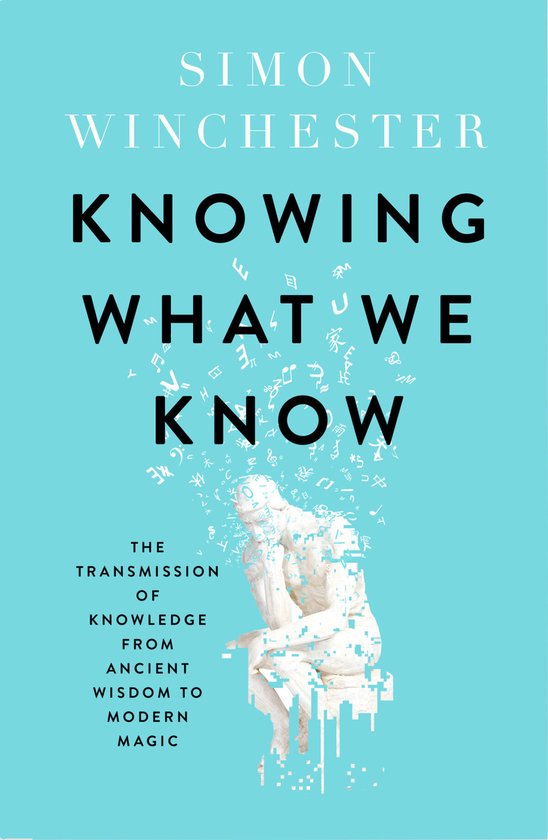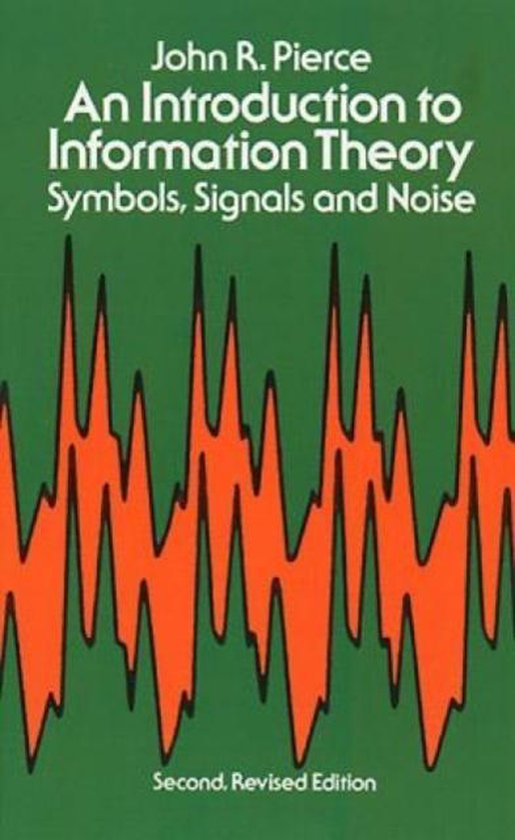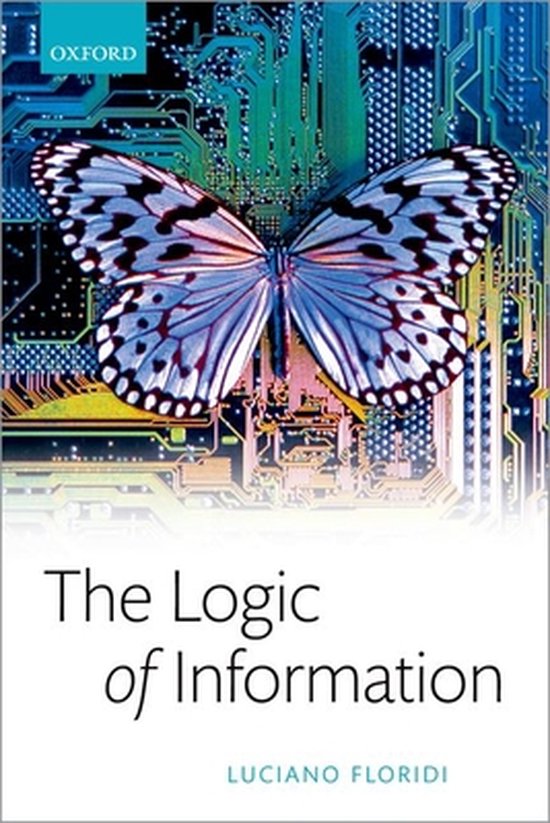
The Logic of Information
Luciano Floridi presents an innovative approach to philosophy, conceived as conceptual design. His starting-point is that reality provides the data which we transform into information. He explores how we make, transform, refine, and improve the objects of our knowledge, and defends the radical idea that knowledge is design.
Luciano Floridi presents an innovative approach to philosophy, conceived as conceptual design. He explores how we make, transform, refine, and improve the objects of our knowledge. His starting point is that reality provides the data, to be understood as constraining affordances, and we transform them into information, like semantic engines. Such transformation or repurposing is not equivalent to portraying, or picturing, or photographing, or photocopying anything. It is more like cooking: the dish does not represent the ingredients, it uses them to make something else out of them, yet the reality of the dish and its properties hugely depend on the reality and the properties of the ingredients. Models are not representations understood as pictures, but interpretations understood as data elaborations, of systems. Thus, he articulates and defends the thesis that knowledge is design and philosophy is the ultimate form of conceptual design. Although entirely independent of Floridi's previous books, The Philosophy of Information (OUP 2011) and The Ethics of Information (OUP 2013), The Logic of Information both complements the existing volumes and presents new work on the foundations of the philosophy of information.
Luciano Floridi presents an innovative approach to philosophy, conceived as conceptual design. He explores how we make, transform, refine, and improve the objects of our knowledge. His starting point is that reality provides the data, to be understood as constraining affordances, and we transform them into information, like semantic engines. Such transformation or repurposing is not equivalent to portraying, or picturing, or photographing, or photocopying anything. It is more like cooking: the dish does not represent the ingredients, it uses them to make something else out of them, yet the reality of the dish and its properties hugely depend on the reality and the properties of the ingredients. Models are not representations understood as pictures, but interpretations understood as data elaborations, of systems. Thus, he articulates and defends the thesis that knowledge is design and philosophy is the ultimate form of conceptual design. Although entirely independent of Floridi's previous books, The Philosophy of Information (OUP 2011) and The Ethics of Information (OUP 2013), The Logic of Information both complements the existing volumes and presents new work on the foundations of the philosophy of information.
| Auteur | | Luciano Floridi |
| Taal | | Engels |
| Type | | Paperback |
| Categorie | | Wetenschap & Natuur |
